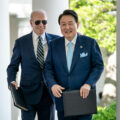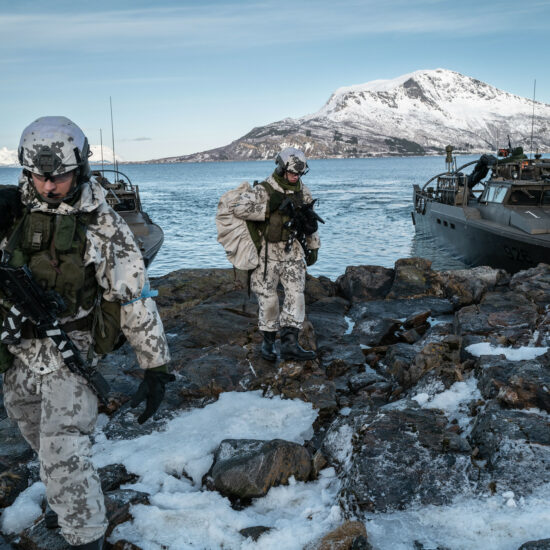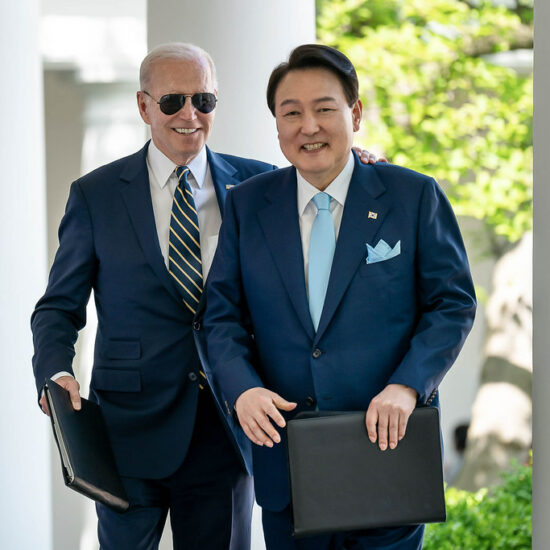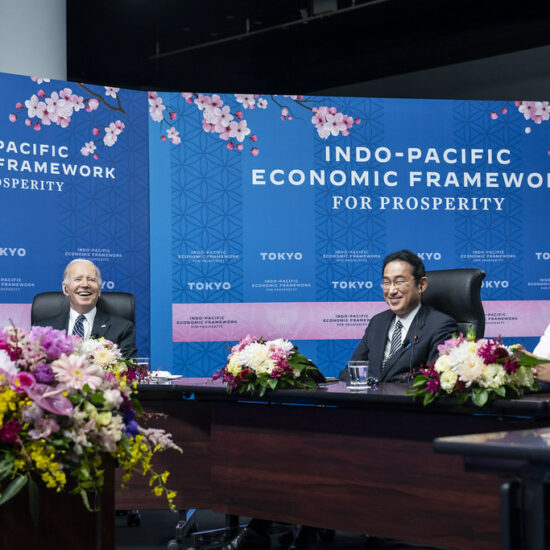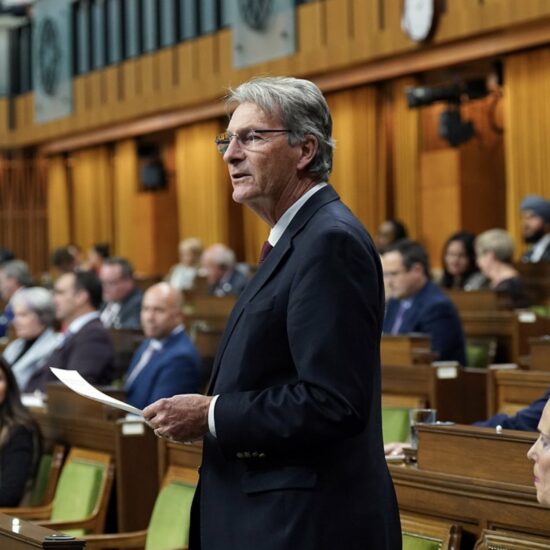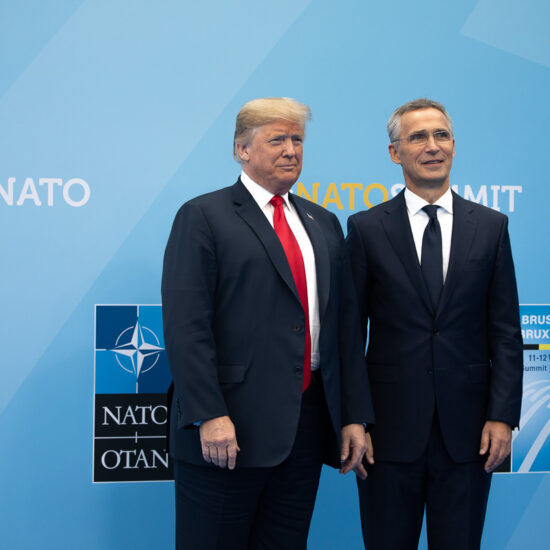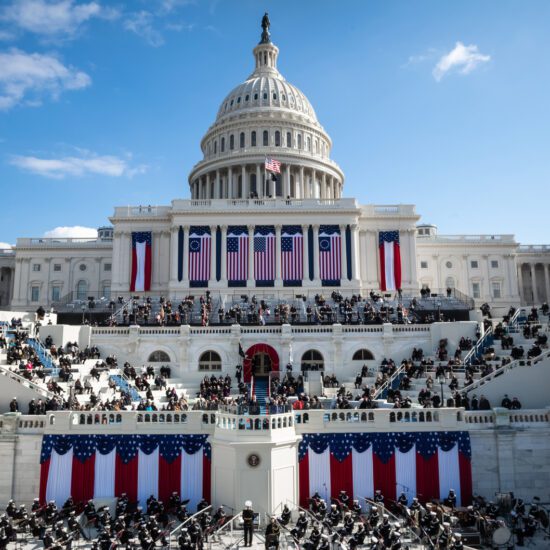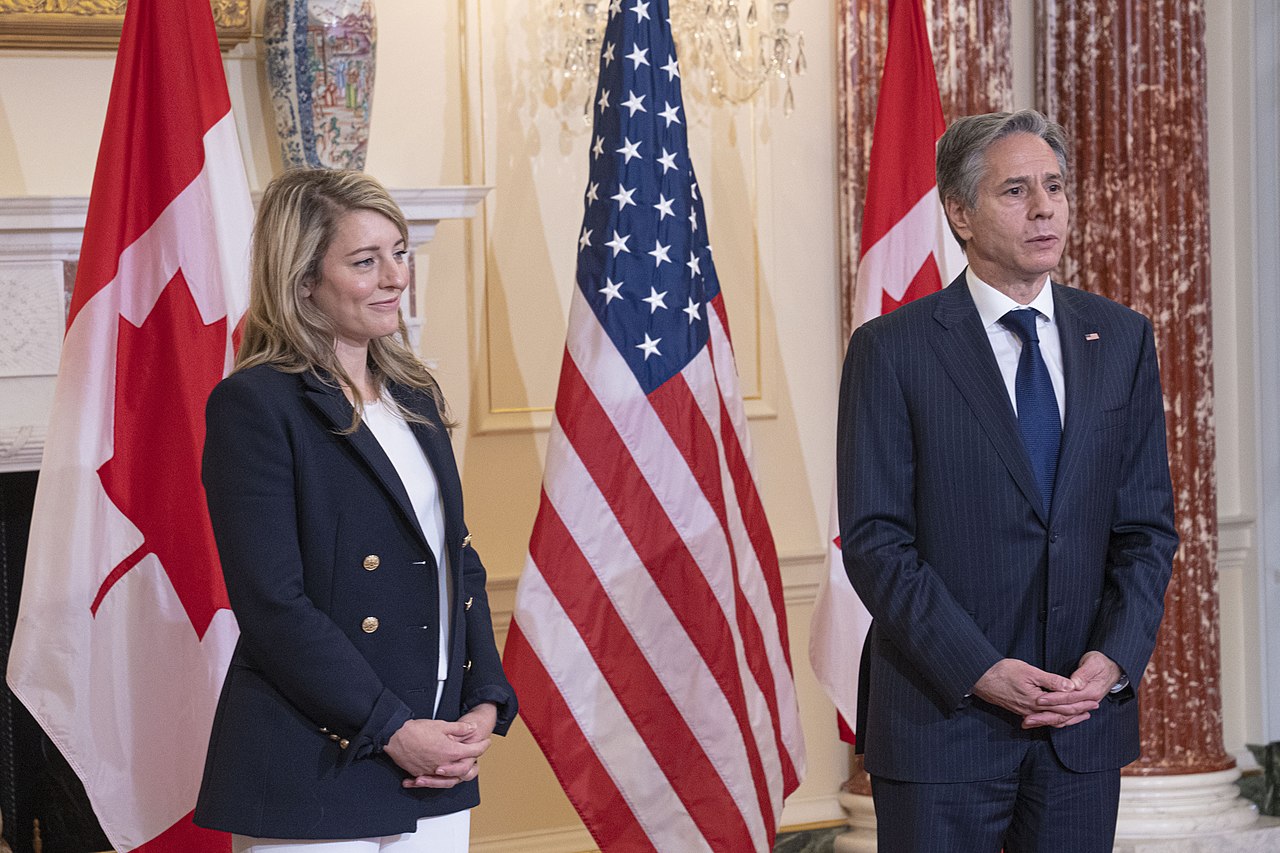
Image credit: U.S Department of State
In some respects, the COVID-19 pandemic has accelerated existing international trends rather than creating new ones. However, when looking back on the past two years, the early 2020s appear to mark the end of an era in Canadian foreign policy.
Today, Canada finds itself largely bereft of the three key pillars that have, in one form or another, helped to guide its foreign policy since the Second World War: continentalism, multilateralism and Atlanticism. In their place, the country’s security environment in a post-Western world is increasingly defined by pressures imposed by rival great powers. This is where Canadian foreign policy stands at the outset of 2022.
In the pandemic’s first year, Canada lost a second consecutive bid to earn a rotating seat on the UN Security Council. One might contend that the loss to Norway and Ireland was due to “technical” reasons, such as Ottawa’s “two-ballot strategy”, and therefore assert that there is little in Canada’s foreign policy culture that requires a major overhaul. Yet one cannot help but notice that Canada has been absent from the Security Council for two decades – with no return in sight – even as other G7 countries continue to mount successful campaigns.
Solidarity among European countries, Canada’s lacklustre commitment to Africa and Asia, and the perception that Ottawa is too closely aligned with Washington have all contributed to the decline of the multilateral component of Canada’s foreign policy. And with great power rivalry putting the “rules-based international order” under increasing strain, it is not immediately evident how Canada can resurrect what was once a key pillar of its international engagement.
In the pandemic’s second year, Russia outlined its red lines on NATO expansion, building up its military forces on the Ukrainian border and demanding a series of “security guarantees” from the West. This marks the culmination – and failure – of a three-decade-long process in which Moscow has been excluded from the core of Europe’s political and security architecture. It remains impossible to envisage a stable and durable regional order constructed to the real or perceived detriment of the continent’s most powerful actor.
Political convulsions within the US and shifts in the international order have placed Ottawa’s supposedly special relationship with Washington under strain. When combined with a declining multilateral profile, this has led to Canadian foreign policy becoming increasingly NATO-centric. Yet as the world’s geopolitical and geo-economic centre of gravity moves toward Asia, the Atlanticist vector of Canadian foreign policy only serves to deepen Canada’s dependence on the US. This contrasts with the Cold War era, during which NATO membership offered Ottawa a means of constraining American unilateralism and asserting its “middle power” status.
It remains unclear what Ottawa has gained in strategic terms by articulating maximalist goals vis-à-vis Moscow. Playing a leading role in NATO’s Enhanced Forward Presence does not appear to have translated into a larger global profile for Canada on security issues. Nor is Ukraine much more secure than it was eight years ago, as evidenced by Russia’s military buildup. Repeating this pattern of behaviour in the case of a rising China could create more problems for Canada than it solves, especially given the relative underdevelopment of the Pacific vector of Canadian foreign policy.
Ottawa’s failure to adapt to a new and emerging international context has left it with little room for manoeuvre. And although the US remains Canada’s most important economic and security partner, Washington – like Beijing and Moscow – also embodies a source of pressure which Ottawa will have to manage. In fact, Canada’s geographic proximity, economic dependence and intertwined history with its southern neighbour ensure that political developments in the US are of far greater strategic consequence to Canada than an increasingly assertive China.
Canada should therefore resist the temptation to characterize the emerging international order as one based on “democracies vs. autocracies”. Canadian statecraft requires that Ottawa manage pressures emanating from three powers, democratic and authoritarian alike. A worldview centred on ideological considerations would worsen Canada’s dependence on the US following three decades of Ottawa tying itself – to varying degrees – to Washington’s project of building a liberal world order. It would also exacerbate Canada’s security environment by contributing to a discourse which serves to push Russia and China closer together.
Facing up to the complexities of its threefold sources of pressure will be particularly trying for Canada due to its troubled relationship with the US. This goes beyond the threat of American protectionism or the uncertainty caused by Washington’s retreat from its global leadership role. Rather, in an age of political polarization, the United States has become a fundamentally unpredictable power. Unlike during the Cold War, when the US pursued a broadly consistent international strategy across Democratic and Republican administrations, Ottawa will find it difficult to produce a durable, holistic and strategically minded foreign policy if the nominal priorities of its most important partner change every four years.
The first half-century after Confederation saw Canada gradually nurture its own independence, even as it remained anchored within the British Empire. In the century that followed – from America’s entry into the First World War to Donald Trump’s arrival in the White House – Washington outlined and then embodied a vision of liberal internationalism, providing Canada an opportunity to benefit from a globally engaged US but also to offer a distinct “third way” when this suited Ottawa’s interests. The task of Canadian statecraft – and perhaps even statehood – in its fourth half-century is to find its way in the world without a reliable superpower patron.
Dr. Zachary Paikin (@zpaikin) is a non-resident research fellow at IPD and a researcher at the Centre for European Policy Studies in Brussels (CEPS).

